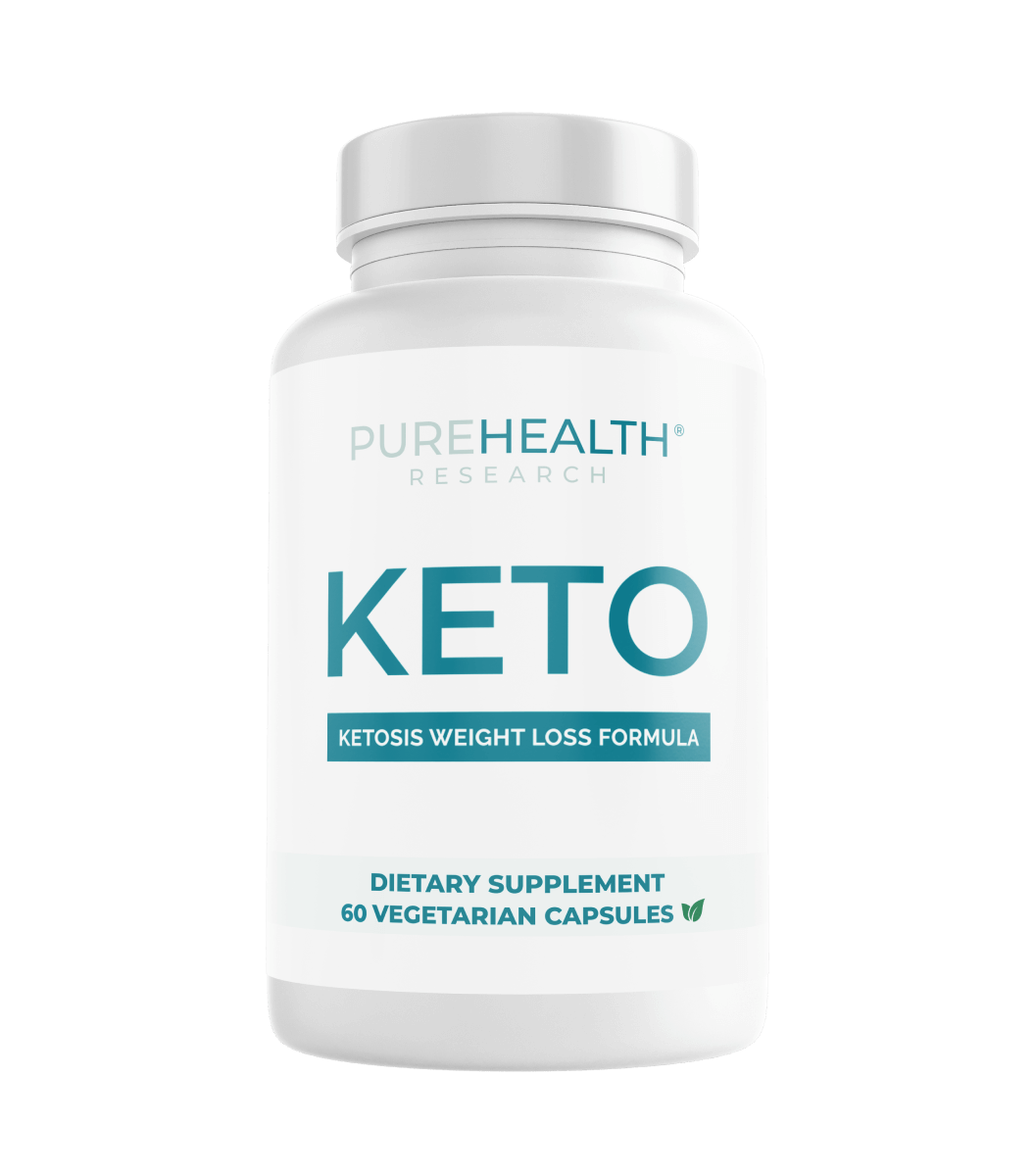5 Best Fish For Keto
Maximize your keto results with our guide on the best fish for keto. Perfect picks for a healthier you. Read more now!
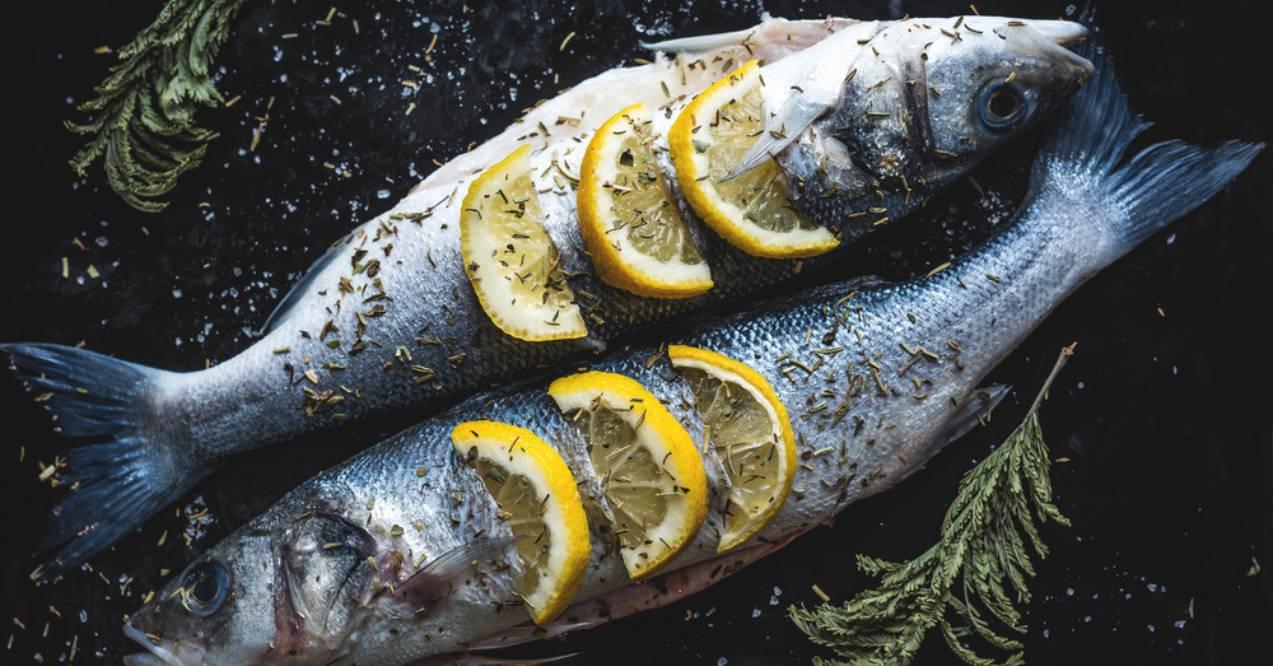

Discovering the best fish for keto can transform your ketogenic journey, offering a seamless blend of delicious flavors and nutritional benefits tailor-made for this low-carb, high-fat lifestyle. The synergy between oily fish and the ketogenic diet is unparalleled, providing essential fatty acids that fuel your body, enhance mental clarity, and support overall health.
In this blog post, we delve into the importance of selecting the right fish to maximize your diet’s potential, emphasizing how these choices can significantly impact your wellness and diet success. Whether you are navigating the waters of intermittent fasting vs keto or simply looking to enrich your meal plan, understanding the benefits of incorporating fatty fish into your diet is key. So, get ready to explore our top picks for the best fish for keto, each selected for their nutrient-rich profiles and ability to support your dietary goals.
Benefits of Eating Oily Fish on Keto Diet
Incorporating oily fish into your ketogenic diet brings a wealth of health benefits, crucial for anyone aiming to enhance their nutritional profile while following a low-carb, high-fat regimen. Oily fish, rich in omega-3 fatty acids, are not just a treat to the palate but play a vital role in bolstering heart health, mitigating inflammation, and boosting cognitive function. The omega-3 fatty acids found in these fish are instrumental in preserving a balanced dietary fat ratio, resonating with the ketogenic diet’s focus on the quality and variety of fats.
Selecting the appropriate types of oily fish, such as mackerel, salmon, and sardines, equips your body with vital nutrients that support ketosis, a metabolic state conducive to burning fat rather than carbohydrates for energy. This not only improves metabolic health but also promotes sustained wellness. The intentional addition of these fatty fish to your diet highlights the significance of dietary quality in reaching your ketogenic goals, underscoring the profound impact of your food choices on the success of your diet plan.
Furthermore, the inclusion of oily fish in a keto diet facilitates a seamless intake of essential vitamins and minerals, including Vitamin D and selenium, which are crucial for immune function and thyroid health, respectively. This nutritional strategy enriches the diet, ensuring a comprehensive approach to health and wellness that goes beyond mere macronutrient management. Moreover, the variety offered by these fish allows for culinary creativity, making the ketogenic diet both enjoyable and sustainable over time.
In essence, the strategic inclusion of oily fish in a ketogenic diet exemplifies a holistic approach to nutrition, where the focus on high-quality, nutrient-dense foods supports not only the achievement of ketosis but also the overall health and well-being of the individual. This underscores the idea that a well-rounded diet, rich in essential nutrients, is key to the success of any dietary endeavor, particularly one as specific as the ketogenic diet.
Best Fatty Fish For Keto (From Best to Least)
When it comes to optimizing your ketogenic diet, the selection of fatty fish plays a pivotal role in ensuring you get the right balance of nutrients. Here is a comprehensive guide to the best fish for keto diet, highlighting their nutritional benefits, ease of preparation, and their contribution to a successful keto lifestyle.
1. Mackerel
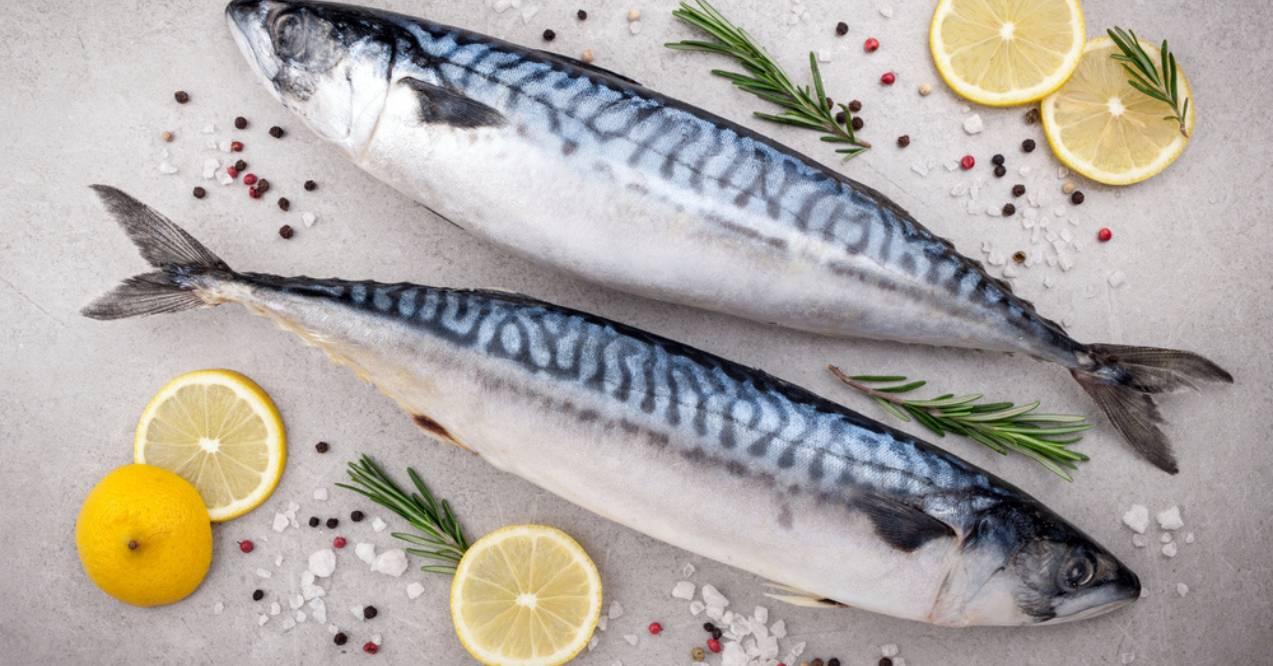
Mackerel stands out as the best fatty fish for keto enthusiasts due to its impressive nutritional profile. A 100-gram serving of mackerel provides approximately 18 grams of protein, 13 grams of fat, and 200 calories, making it an excellent source of high-quality protein and essential fatty acids without tipping the scales on your daily calorie intake. Its rich content of omega-3 fatty acids supports heart health and cognitive function, aligning perfectly with the ketogenic emphasis on healthy fats. Mackerel is also incredibly versatile and easy to prepare, whether grilled, smoked, or baked, offering delicious meals that fit within your keto guidelines.
2. Anchovies
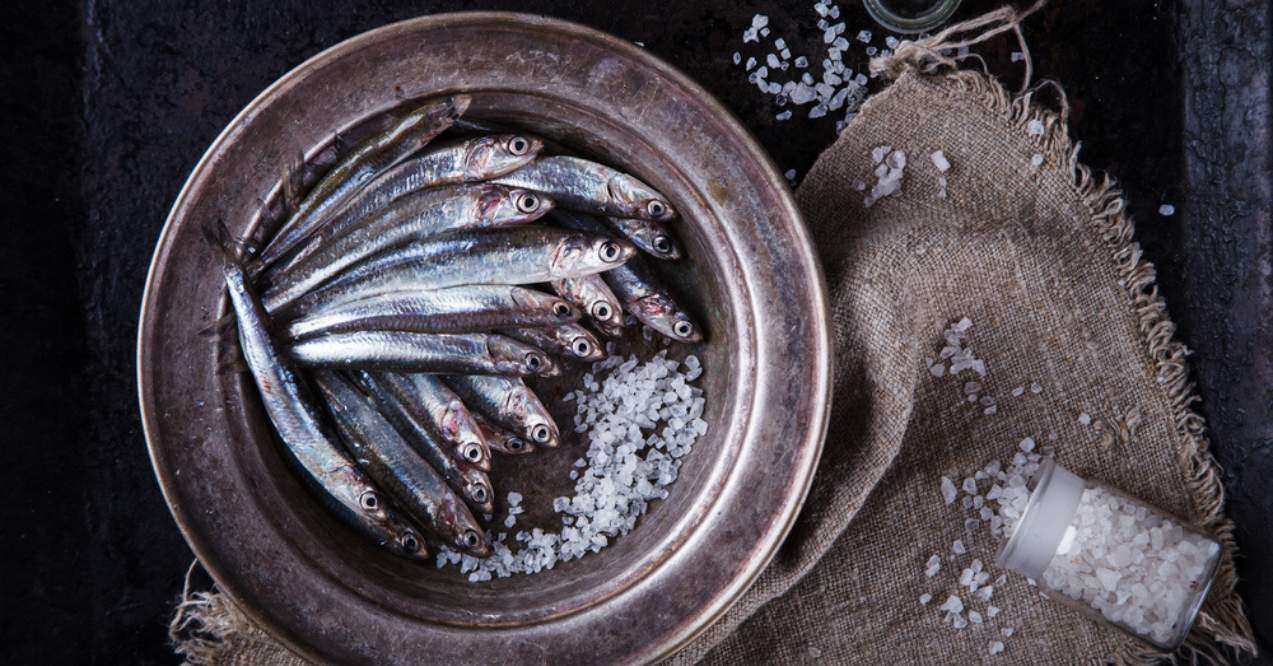
Anchovies are a powerhouse of nutrition in a small package. For every 100 grams, they offer around 20 grams of protein, 10 grams of fat, and approximately 210 calories. Their high protein and beneficial fat content make them an ideal keto-friendly food. Anchovies are also rich in vitamins and minerals, adding depth to your nutritional intake. They’re perfect for adding a flavor boost to salads, pizzas, and sauces, making them a versatile addition to your keto diet plan.
3. Wild King Salmon
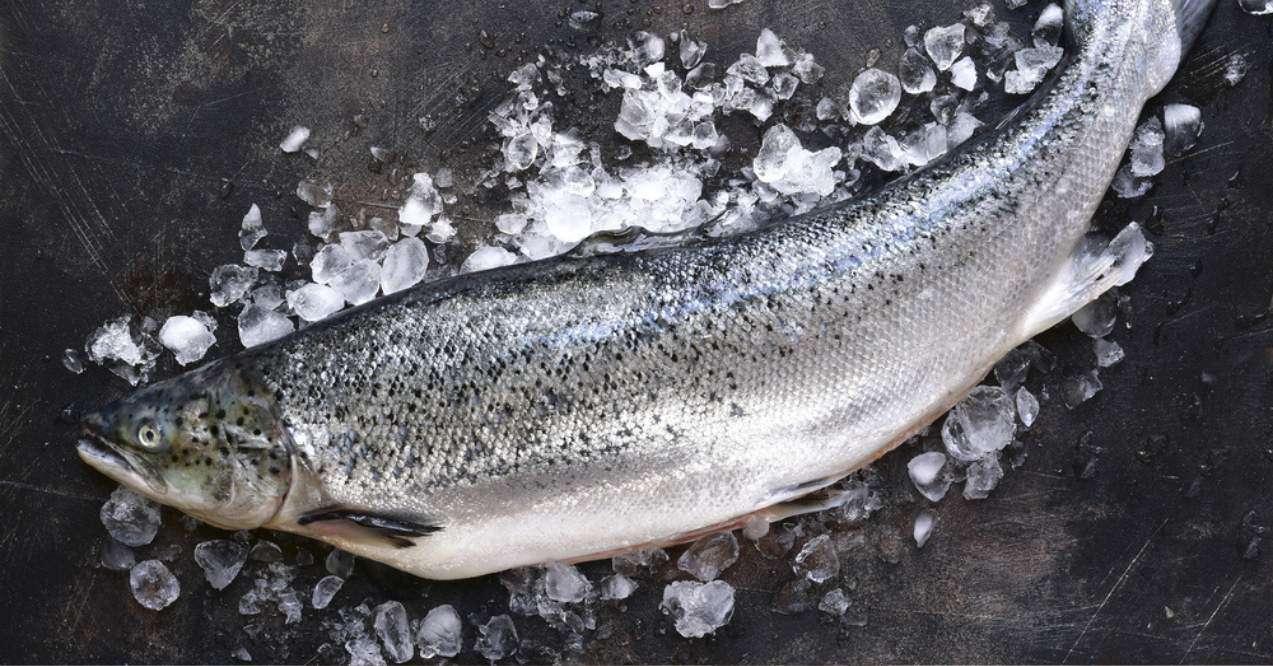
Wild King Salmon is revered for its exceptional omega-3 fatty acid content, contributing to a well-rounded ketogenic diet. A 100-gram portion contains about 20 grams of protein, 13 grams of fat, and 180 calories, offering a perfect balance for keto dieters seeking to maintain their macronutrient ratios. Beyond its nutritional benefits, wild king salmon is celebrated for its taste and texture, making it a sought-after choice for those looking to enrich their meals with high-quality, flavorful fish.
4. Sardines

Sardines are an excellent source of nutrients, boasting about 25 grams of protein, 11 grams of fat, and 220 calories per 100 grams. Their high omega-3 fatty acids content supports cardiovascular health and mental well-being, essential aspects of the ketogenic lifestyle. Sardines are also convenient and easy to incorporate into your diet, available fresh or canned for simplicity and versatility in meal preparation.
5. Tuna
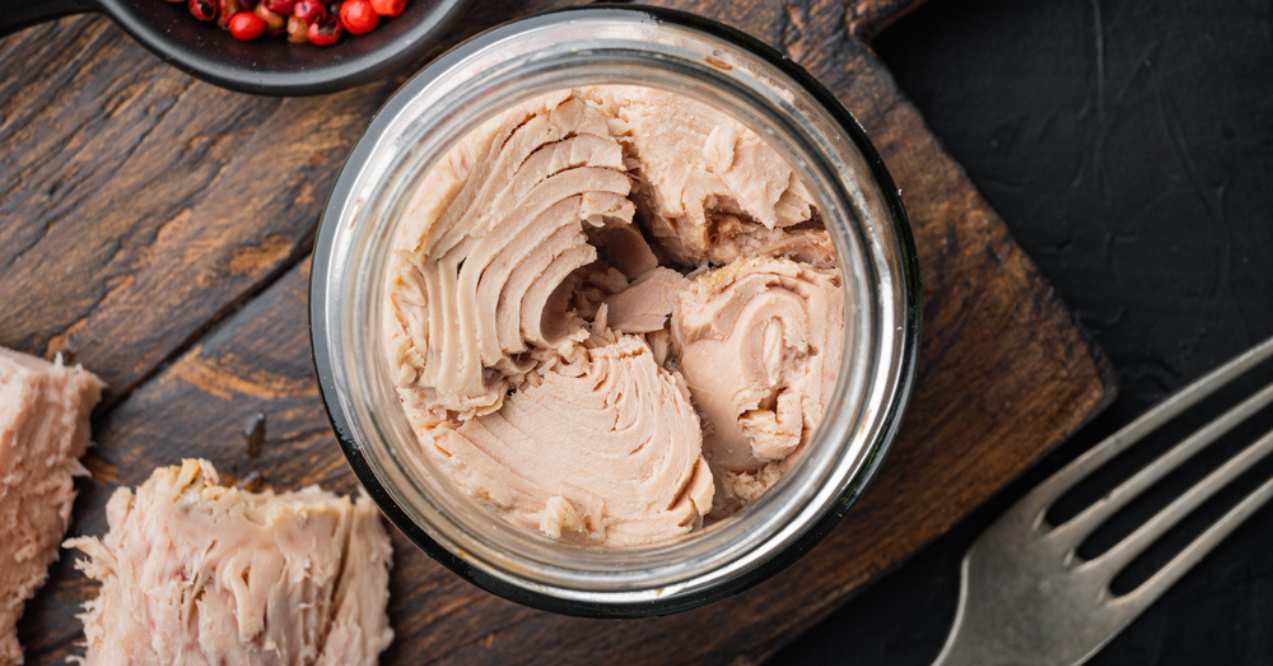
Tuna is known for its lean protein, offering around 30 grams of protein, 1 gram of fat, and 130 calories per 100-gram serving, making it a protein-rich option for keto dieters. However, its lower fat content means you may need to add additional healthy fats to maintain your keto macronutrient balance.
Tuna is also a convenient and popular choice for quick and nutritious meals. It is important to be mindful of its mercury content; opting for smaller, younger fish like skipjack can help minimize mercury exposure. As a versatile fish, tuna can be enjoyed in salads, sandwiches, or steaks, providing a delicious and nutritious addition to your keto diet.
Each of these fatty fish offers unique nutritional benefits and ease of preparation, contributing to the overall success of a keto diet. Mackerel and anchovies, with their high fat and moderate protein content, are particularly well-suited for keto. Wild king salmon and sardines offer a balance of omega-3 fatty acids and protein, supporting overall health while adhering to keto guidelines. Tuna, while leaner, can be integrated into a keto diet by adding extra sources of fat, making it a versatile protein source.
Incorporating a variety of these fish into your diet not only ensures you are getting a broad spectrum of nutrients essential for health but also adds delicious diversity to your meals. Whether you are assembling a simple salad with anchovies, grilling a piece of salmon, or enjoying a mackerel filet, these fish can enhance your keto experience, helping you stay on track towards your dietary and wellness goals.
Avoid Breaded Fish
Now that you understand what fish is best for keto, you should also know what to avoid. While exploring the vast ocean of ketogenic diet options, it is crucial to steer clear of breaded fish, a common pitfall that can disrupt your journey towards ketosis. The breading typically envelops the fish in a deceptive layer of high-carbohydrates, masquerading as a protein-rich meal while secretly undermining your low-carb aspirations. This hidden carb content can swiftly kick your body out of the ketosis state, derailing your dietary progress.
However, not all bread-based items are off-limits on a keto diet. For instance, is gluten-free pizza keto-friendly? The answer lies in the ingredients. Gluten-free does not always mean low-carb, but with the right choices, such as almond or coconut flour for the crust, you can enjoy a keto-friendly pizza that satisfies your cravings without compromising your diet. Similarly, when craving something crispy for your fish, consider alternatives like almond flour or crushed pork rinds for breading.
These options offer the delightful crunch and flavor you desire, while keeping your carb intake in check. By choosing these healthier, low-carb alternatives, you can enjoy varied and delicious meals that keep you firmly on your keto path.
Achieving Keto Diet Goals
Incorporating the best fish for keto into your dietary plan is a strategic move towards achieving your ketogenic diet goals. Setting clear objectives and diligently working towards them are fundamental steps in any successful keto journey. These goals can range from reaching and maintaining a state of ketosis to improving overall health and wellness through a balanced, nutritious diet. The inclusion of high-quality, fatty fish plays a crucial role in supplying your body with the essential nutrients needed for optimal performance and sustainability on this low-carb, high-fat diet.
In addition to selecting the right foods, incorporating supplements for weight loss like Keto Formula from PureHealth Research can further support your keto diet goals. Keto Formula is designed to complement your ketogenic lifestyle by helping maintain a state of ketosis and enhancing your body’s ability to burn fat for energy.
While not a magic solution, when used in conjunction with a well-formulated keto diet, Keto Formula can help optimize your efforts by providing essential nutrients that may be harder to obtain from diet alone. This supplement is crafted to support your body’s metabolic processes, potentially improving your energy levels and aiding in the more efficient utilization of fats as a primary fuel source.
It’s important to approach the use of any supplement with a holistic perspective, considering your overall diet, lifestyle, and specific health goals. As with any dietary change or supplement regimen, it’s advisable to conduct thorough research and consult with a healthcare professional to ensure it aligns with your individual health needs and dietary objectives.
Keto Fish Takeaways
In summary, our exploration into the best fish for a keto diet underscores the importance of selecting nutrient-rich, fatty fish to enhance your ketogenic journey. Here are the key takeaways:
- Mackerel, anchovies, wild king salmon, sardines, and tuna top the list for their high-quality protein, beneficial fats, and alignment with keto dietary goals.
- These fish contribute essential omega-3 fatty acids, supporting overall health while adhering to the low-carb, high-fat requirements of a ketogenic lifestyle.
- Offering versatility in preparation, these fish can be enjoyed in numerous ways, adding delicious diversity to your diet without compromising your carb limit.
- Avoid breaded options that are high in carbohydrates, which can disrupt ketosis, opting instead for low-carb breading alternatives.
- Consider supplements like Keto Formula to support ketosis and enhance fat burning, always in conjunction with a balanced keto diet and after consulting with a healthcare professional.
Embracing these guidelines can help you navigate the ketogenic diet successfully, leveraging the nutritional power of the best fish for keto to achieve your health and wellness goals.
Yes, fish sauce is keto-friendly due to its low carb content, making it an excellent condiment for adding umami flavor to dishes without disrupting ketosis. Just check the label for added sugars in some brands to ensure it fits within your daily carb allowance.
Generally, fish do not contain carbs, making them an ideal protein source for low-carb diets like keto. They provide high-quality protein and essential fats, especially omega-3 fatty acids, without adding carbohydrates to your meal plan.
Seafood is exceptionally keto-friendly, offering a vast selection of options like shrimp, crab, and various fish that are high in protein and essential fats while being very low in carbs. It’s a versatile choice for anyone on a ketogenic diet looking to diversify their protein sources.
Sign up for our Healthy Living newsletter!
Advertisement. This site offers health, wellness, fitness and nutritional information and is designed for educational purposes only. You should not rely on this information as a substitute for, nor does it replace, professional medical advice, diagnosis, or treatment. If you have any concerns or questions about your health, you should always consult with a physician or other health-care professional. Do not disregard, avoid or delay obtaining medical or health related advice from your health-care professional because of something you may have read on this site. The use of any information provided on this site is solely at your own risk.
